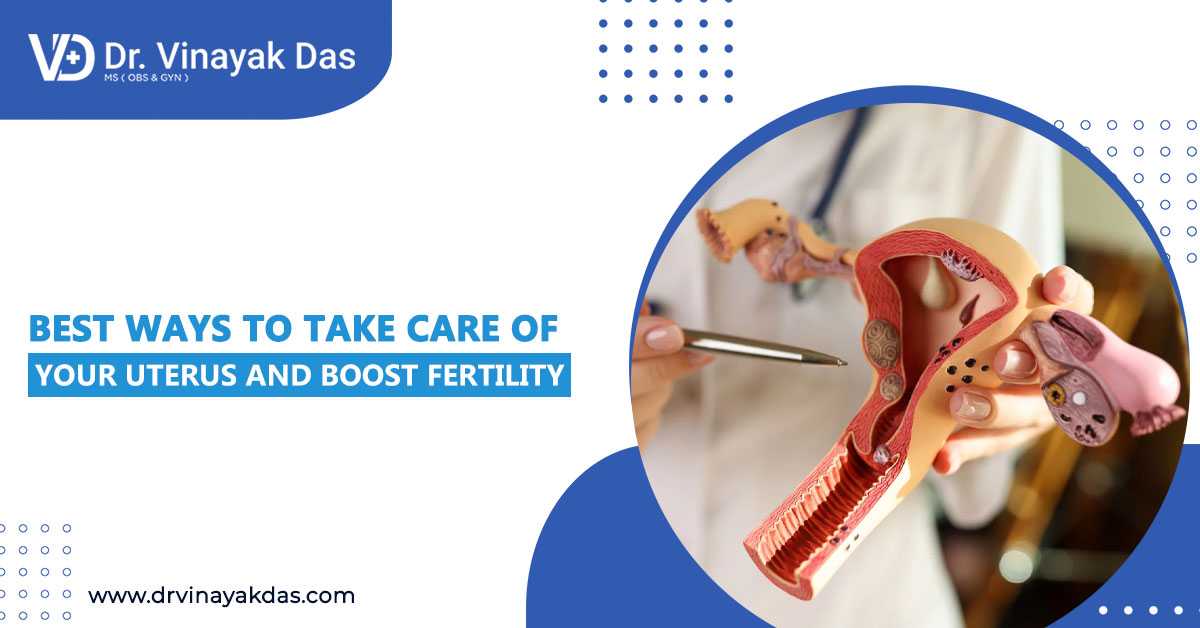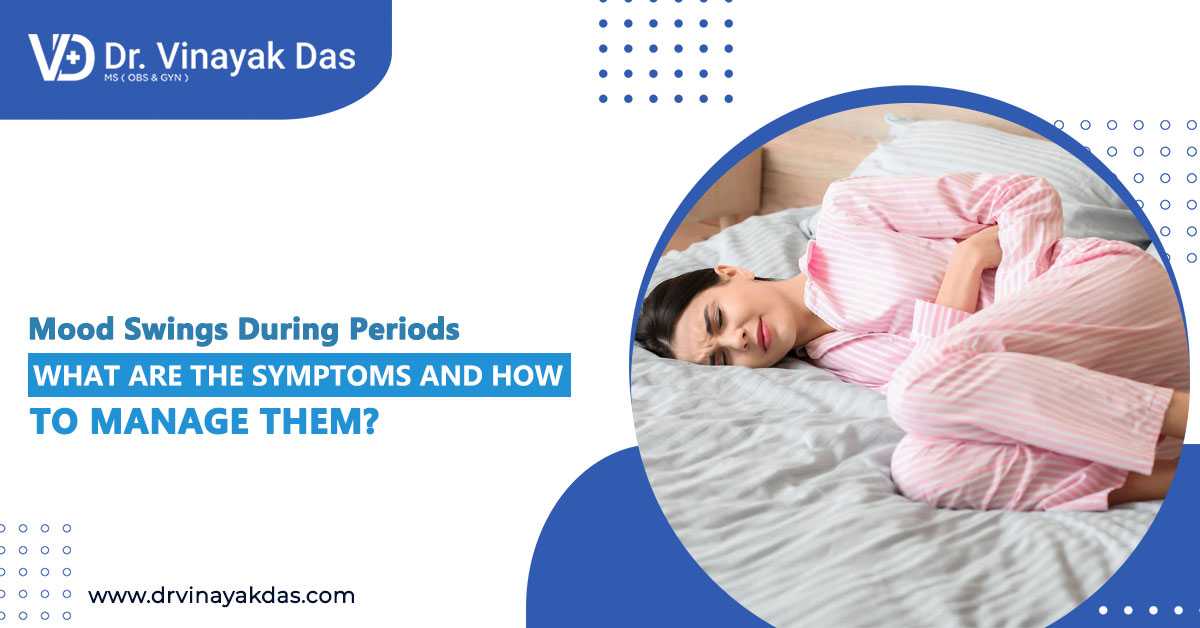Mood swings during periods are the most common yet often overlooked symptoms experienced by a large number of women worldwide. These mood swings can range from anxiety and irritability to feelings of extreme sadness or even anger in more serious cases. Identifying and understanding the main causes behind these mood changes can aid in effectively managing the emotional challenges that come with menstruation.
The hormonal imbalance of woman during their menstrual cycle plays a significant role in these emotional changes. The variations or constant fluctuations in estrogen and progesterone influence brain chemicals that are responsible for mood regulation. However, managing mood changes is accomplishable with the right care, support, and intervention. Whether it is lifestyle modifications, dietary changes, or seeking expert guidance from the best gynaecologist in Siliguri, women can find effective and beneficial approaches for dealing with these mood swings.
What are the symptoms of mood swings during Periods?
Mood swings associated with menstruation can occur in several distinct ways. Some of the most common symptoms are as follows;
Irritability: During periods, a large number of women undergo a sudden surge in frustration and irritability. In such a situation, small issues that are often something you can overlook without much thought can become a main source of annoyance and irritability.
Depression: Extreme feelings of hopelessness or sadness can become more intense and uncontrollable during menstruation. Such emotional fluctuations can sometimes result in a lack of interest in everyday activities or an overall sense of despair. Seeking advice from a seasoned gynaecologist in Siliguri can aid manage these mental health conditions more effectively.
Anxiety: Anxiety levels can rise drastically during menstruation often without any specific cause or incidents. Such heightened stress may feel extremely overwhelming despite there being no apparent reason for these feelings.
Anger: Mood fluctuations during periods might result in disproportionately strong emotional responses, including increased anger and frustration. Small irritation might spark powerful and an intense feelings or frustration or rage that are extremely hard to control. By seeking timely advice from a highly-experienced gynaecologist in Siliguri you might be able to manage these emotions in a more impactful manner.
How does Hormones affect Mood Swings?
Hormonal fluctuations during the menstrual cycle are the main cause of mood swings. The sudden rise and fall of estrogen and progesterone levels can significantly affect the neurotransmitter levels of the brain, along with dopamine and serotonin which play a crucial role in mood regulation. When these hormone levels drop, it can lead to mood disruption like anxiety, overthinking, irritability, and even depression.
In addition, the physical pain and discomfort of menstruation such as intense cramps, bloating, and fatigue can further heighten emotional sensitivity. These combined factors make the menstrual cycle a challenging time for many women. A gynaecologist in Siliguri can help explain these hormonal shifts and suggest ways to minimize their impact on your daily life.
Managing Mood Swings during Periods
Healthy Diet and Hydration:
- A healthy, nutrition-rich, and balanced diet can aid in stabilizing blood sugar levels and further assist in reducing irritability and feelings of annoyance.
- Women must stay hydrated in order to reduce complications such as fatigue and bloating because their body becomes more vulnerable to such health issues during menstruation.
Exercise Regularly:
- Physical activity is extremely beneficial to fight with the mood swings associated with menstruation because indulging in regular exercise causes the release of endorphins, which are the body’s natural mood lifters. Aim for activities such as walking, yoga, or swimming to receive optimal result.
Practice Relaxation Techniques:
- Some of the most beneficial and effective relaxation techniques such as meditation, deep breathing exercises, and mindfulness can help alleviate anxiety and stress associated with mood changes.
Consulting a Specialist:
- If mood swings are having a major effect on your well-being, seeking advice from the best gynaecologist in Siliguri is extremely crucial. These may recommend treatments like hormonal therapy or other medical interventions to aid manage the symptoms.
CONCLUSION
In conclusion, mood swings during periods are a normal yet challenging part of many women’s lives. By recognizing the symptoms and understanding their underlying causes, it is easier to take proactive steps to manage them. Consulting the best gynaecologist in Siliguri ensures you receive the right guidance and treatment for improving your emotional well-being during menstruation.
Managing mood swings can be a journey, but with the right support and lifestyle adjustments, it is possible to navigate this challenging phase with confidence and ease.




